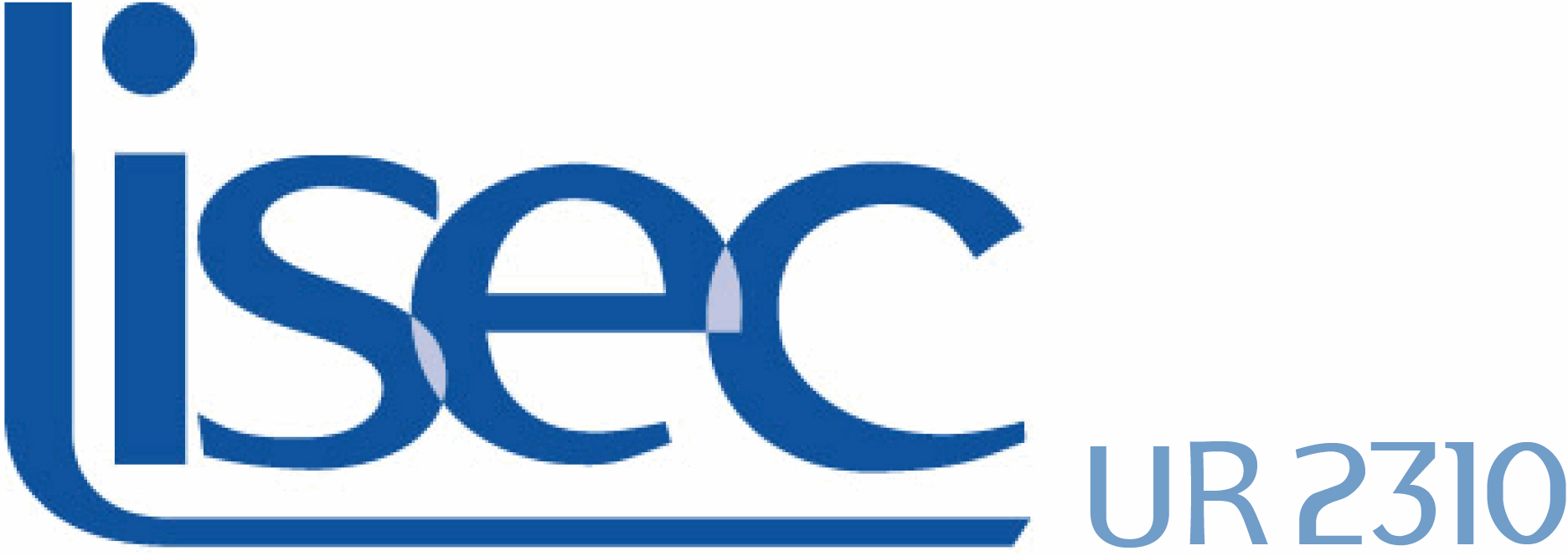Informations
Type d'actualité :
Soutenance (Thèse)
Candidat :
KAQINARI Tomas
Université de rattachement :
Université de Bâle
Date :
Le 01-Avr-2025
Adapting to Disruptive Times: Investigating the Transition to Online Teaching in Higher Education
Elena MAKAROVA et Jacques AUDRAN
- Prof. Dr. Elena Makarova (Université de Bâle)
- Prof. Dr. Jacques Audran à INSA Strasbourg
- Prof. Dr. Carina Lion (Universidad de Buenos Aires)
- Prof. Dr. Patrick Bühler (Université de Strasbourg)
La soutenance aura lieu le 1 avril 2025 à 14h au Kollegienhaus, Petersplatz 1, 4001 Basel.
In times of technological and societal disruptions, lecturers in higher education must adapt their teaching practices to align with the evolving demands of the contemporary educational landscape. The COVID-19 pandemic offered a unique opportunity to study adaptation processes through.
Drawing on Social Cognitive Theory, this study examines the interplay of personal, behavioral, and institutional factors influencing lecturers’ transition to online teaching. It employs a systematic review of qualitative studies and a comparative analysis of cross-sectional data from five European universities to identify key factors shaping the transition.
Results reveal significant differences in lecturers’ preparedness for online teaching, particularly with regard to self-efficacy, attitudes toward technology, and prior experience. This resulted in a variety of approaches to online teaching, ranging from basic substitution of conventional methods to advanced integration of educational technology. Nevertheless, the findings demonstrated that lecturers exhibited an exemplary level of dedication to providing high-quality education. Institutional digital readiness, encompassing technological infrastructure and online teaching support also played a critical role. Institutions with established digital strategies facilitated seamless transitions, which emphasizes the importance of sustained investment in digital capacity building.
This research highlights the necessity for targeted professional development to enhance lecturers’ self-efficacy and technological competencies. While the pandemic posed challenges, it also propelled lecturers’ professionalization and development, offering valuable insights into the transformative potential of disruptive watersheds.
higher education, emergency remote teaching, teacher perspective, social cognitive theory, educational technology, teacher self-efficacy







